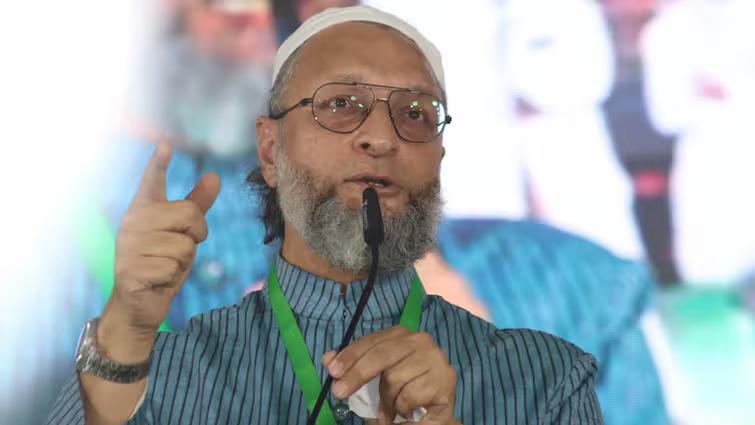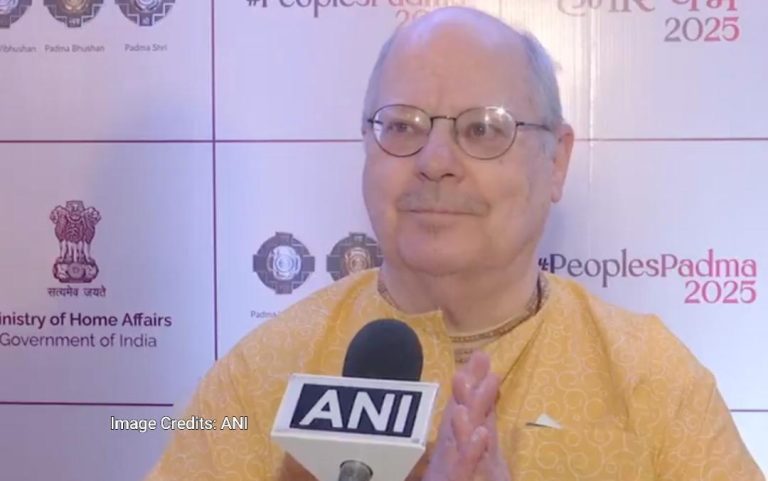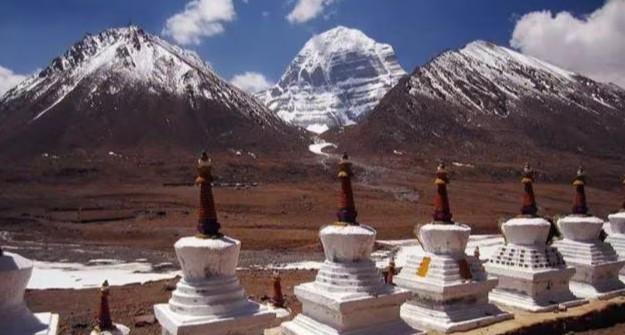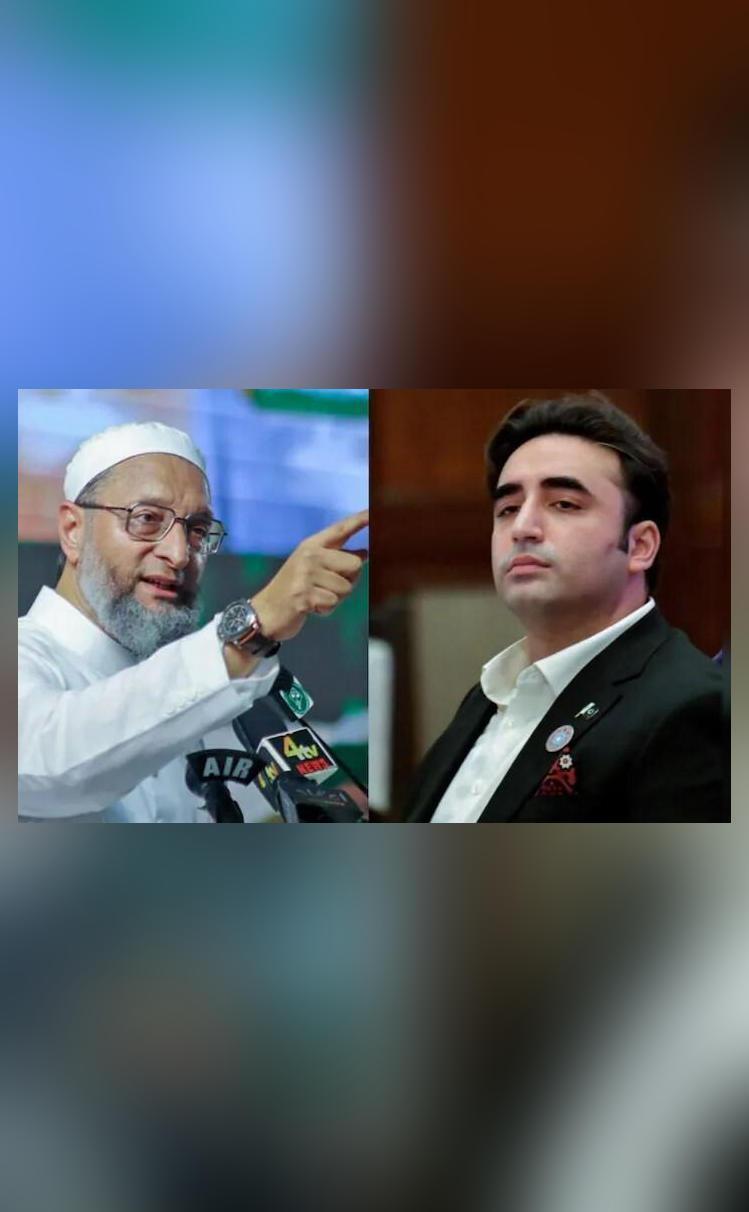
Pak acted like ISIS, India won’t sit quietly: Owaisi on J&K attack
The recent terror attack in Pahalgam, Jammu and Kashmir, which claimed the lives of 26 people, has sent shockwaves across the nation. The attack, which was carried out by terrorists, has left the people of India outraged and demanding stern action against terrorism. Amidst the chaos and grief, AIMIM chief Asaduddin Owaisi has made a bold statement, saying that Pakistan acted like terrorist organisation ISIS and India will not sit quietly after such attacks.
Owaisi’s statement, which was made during a press conference, has sparked a heated debate in the country. Many have appreciated his boldness in calling out Pakistan’s role in promoting terrorism, while others have criticized him for being too harsh. But what does Owaisi’s statement really mean, and what implications does it have for the future of Indo-Pak relations?
To understand Owaisi’s statement, it is essential to understand the context in which it was made. The Pahalgam attack was a brutal and senseless act of violence, which targeted innocent civilians. The attack was widely condemned by people from all walks of life, and the Indian government has promised to take stern action against those responsible.
Owaisi’s statement was made in response to the attack, and it is clear that he is deeply troubled by the incident. He has been a vocal critic of terrorism and has often spoken out against Pakistan’s role in promoting terrorism in the region. In the past, he has accused Pakistan of sponsoring terrorist groups, including Lashkar-e-Taiba and Jaish-e-Mohammed, which have been responsible for several attacks in India.
In his statement, Owaisi compared Pakistan’s actions to those of ISIS, a terrorist organization that has been responsible for numerous attacks around the world. He said that if Pakistan enters a country and kills innocent people, India will not sit quietly. This statement is significant because it sends a strong message to Pakistan that India will not tolerate such acts of violence and will take stern action to protect its citizens.
Owaisi’s statement is also significant because it highlights the reality of Pakistan’s role in promoting terrorism in the region. Pakistan has a long history of sponsoring terrorist groups, including Lashkar-e-Taiba and Jaish-e-Mohammed, which have been responsible for several attacks in India. The country’s military has also been accused of training and arming terrorist groups, which has led to several attacks in the region.
In addition to his statement, Owaisi also highlighted the significant economic disparity between India and Pakistan. He said that Pakistan’s budget is not even equal to India’s military budget, which is a significant fact that highlights the country’s ability to spend money on military affairs rather than on the welfare of its citizens.
Owaisi’s statement has sparked a heated debate in the country, with many people appreciating his boldness in calling out Pakistan’s role in promoting terrorism. However, others have criticized him for being too harsh and for not providing a solution to the problem.
Some people have argued that Owaisi’s statement is not constructive and that it will only lead to further tensions between India and Pakistan. However, others believe that his statement is necessary and that it sends a strong message to Pakistan that India will not tolerate such acts of violence.
In conclusion, Owaisi’s statement is significant because it highlights the reality of Pakistan’s role in promoting terrorism in the region. The country’s history of sponsoring terrorist groups and its ability to spend money on military affairs rather than on the welfare of its citizens are significant facts that need to be acknowledged. While Owaisi’s statement may have sparked a heated debate, it is essential to recognize the importance of his message and to work towards finding a solution to the problem of terrorism in the region.






